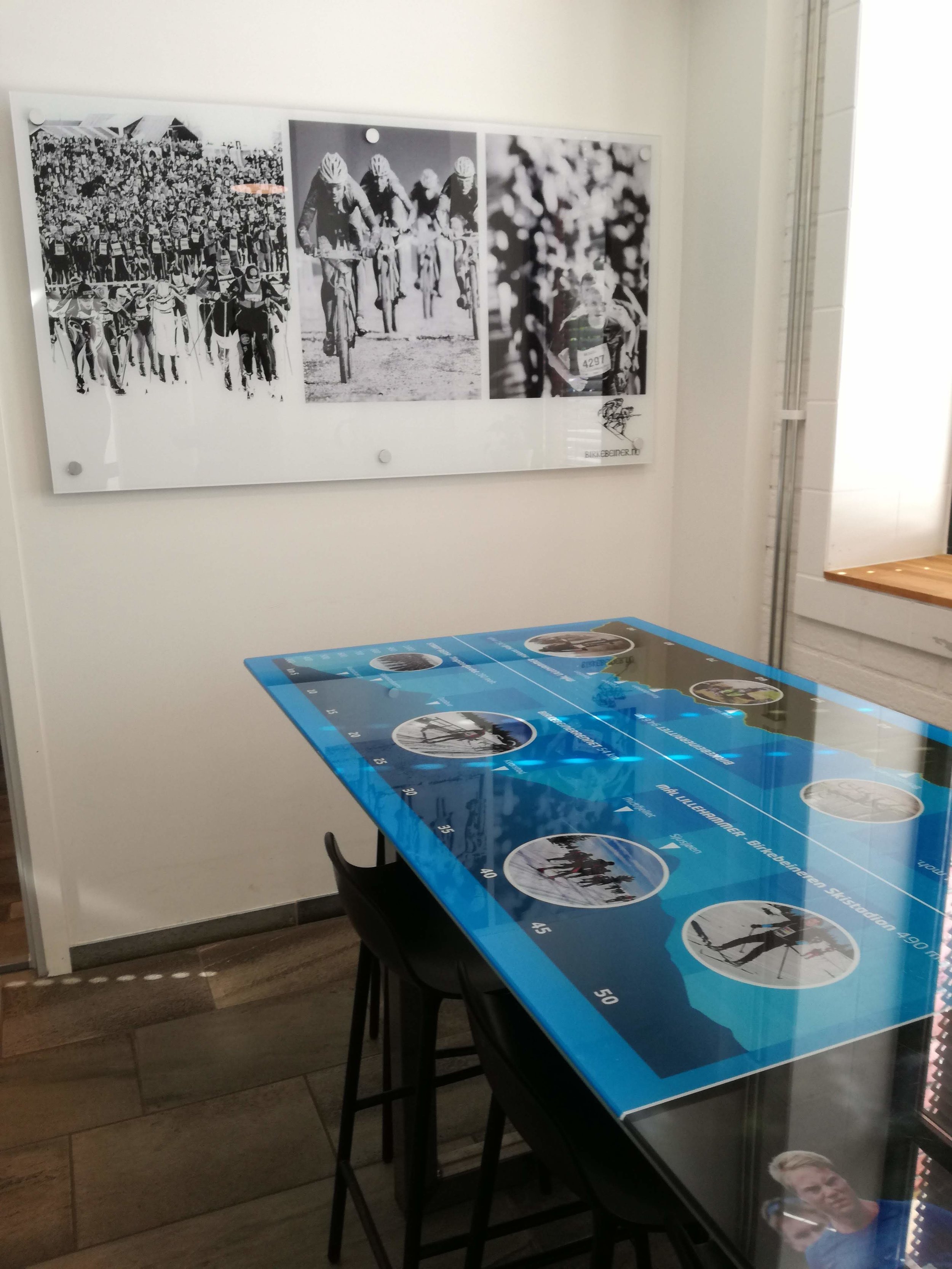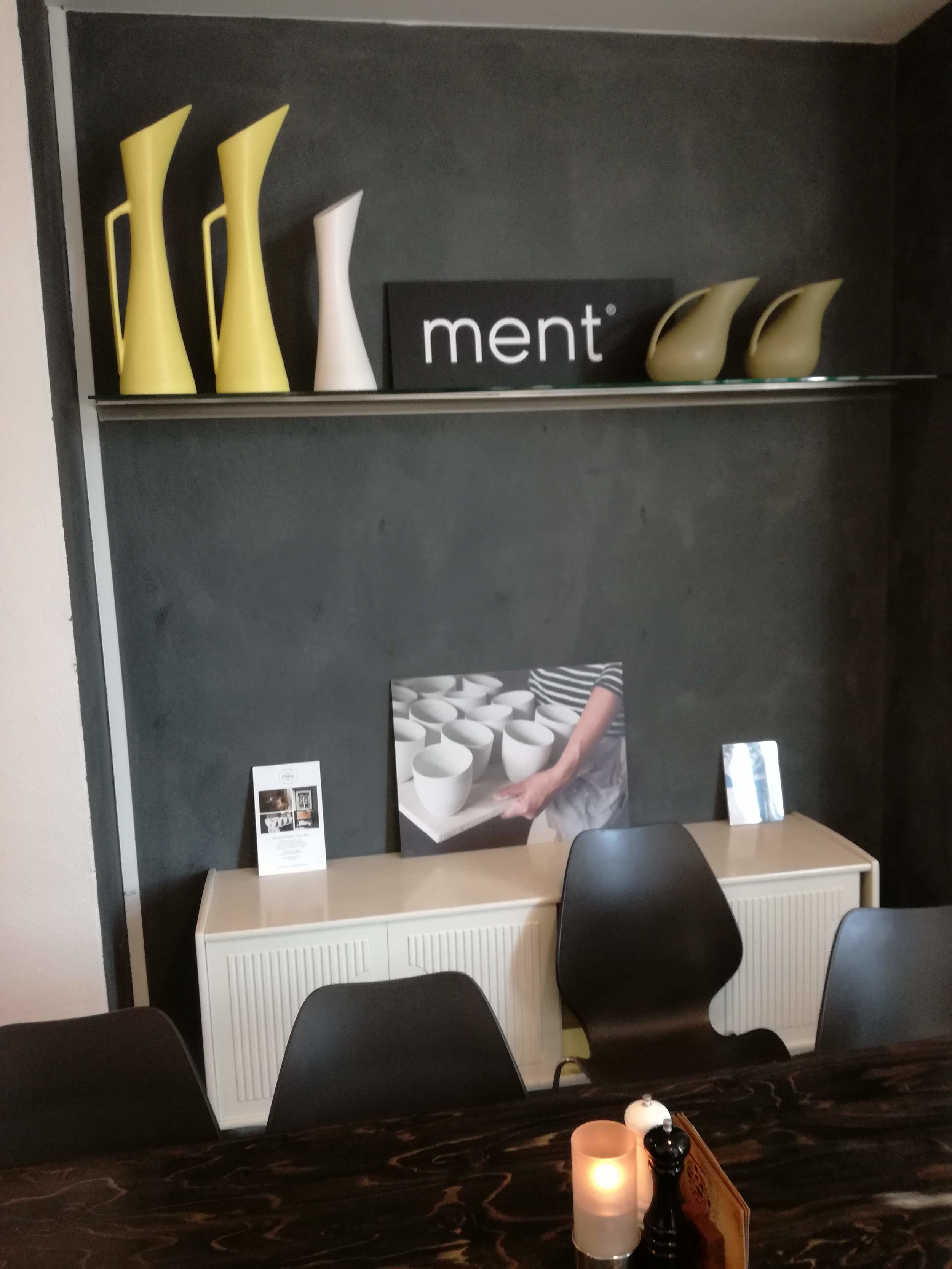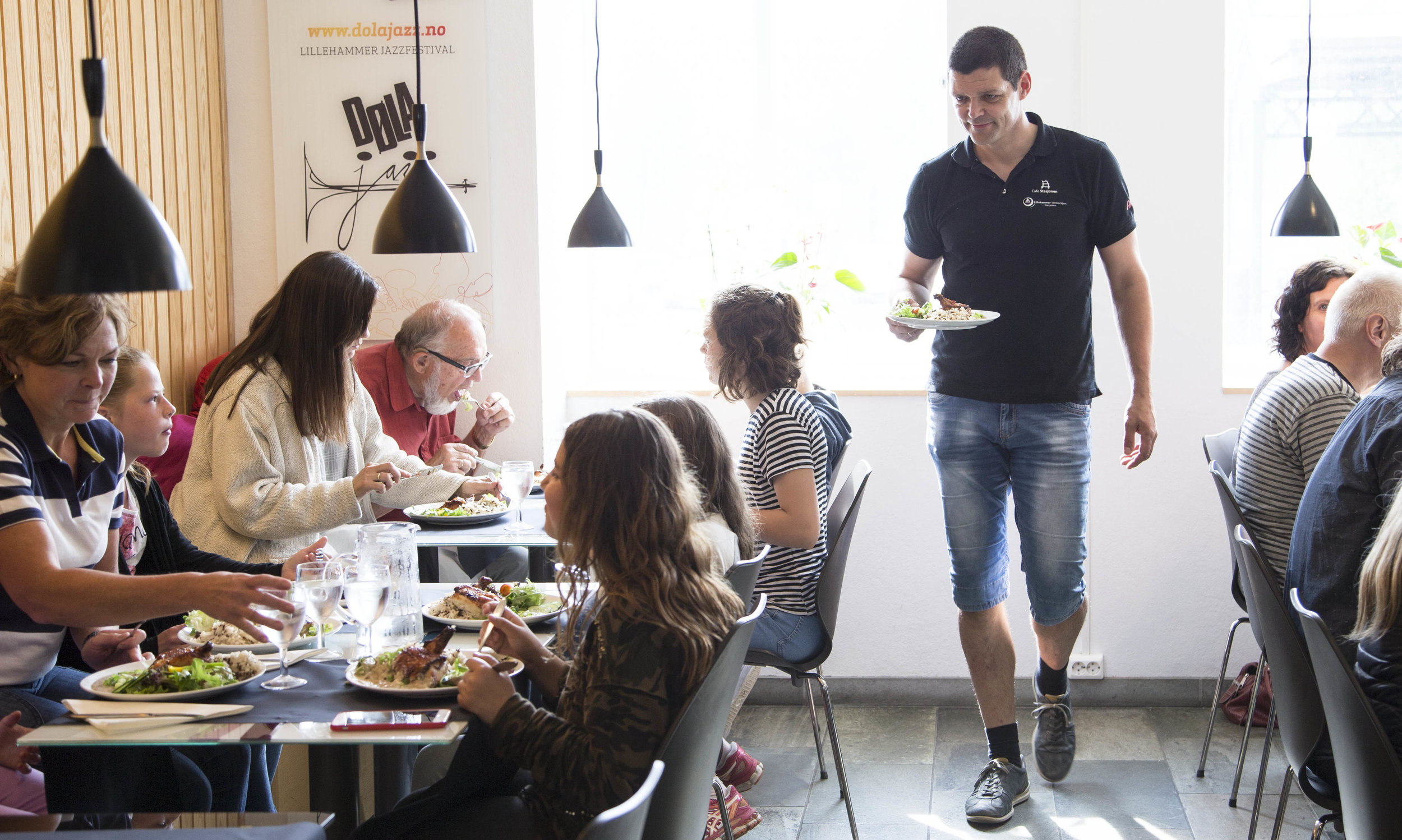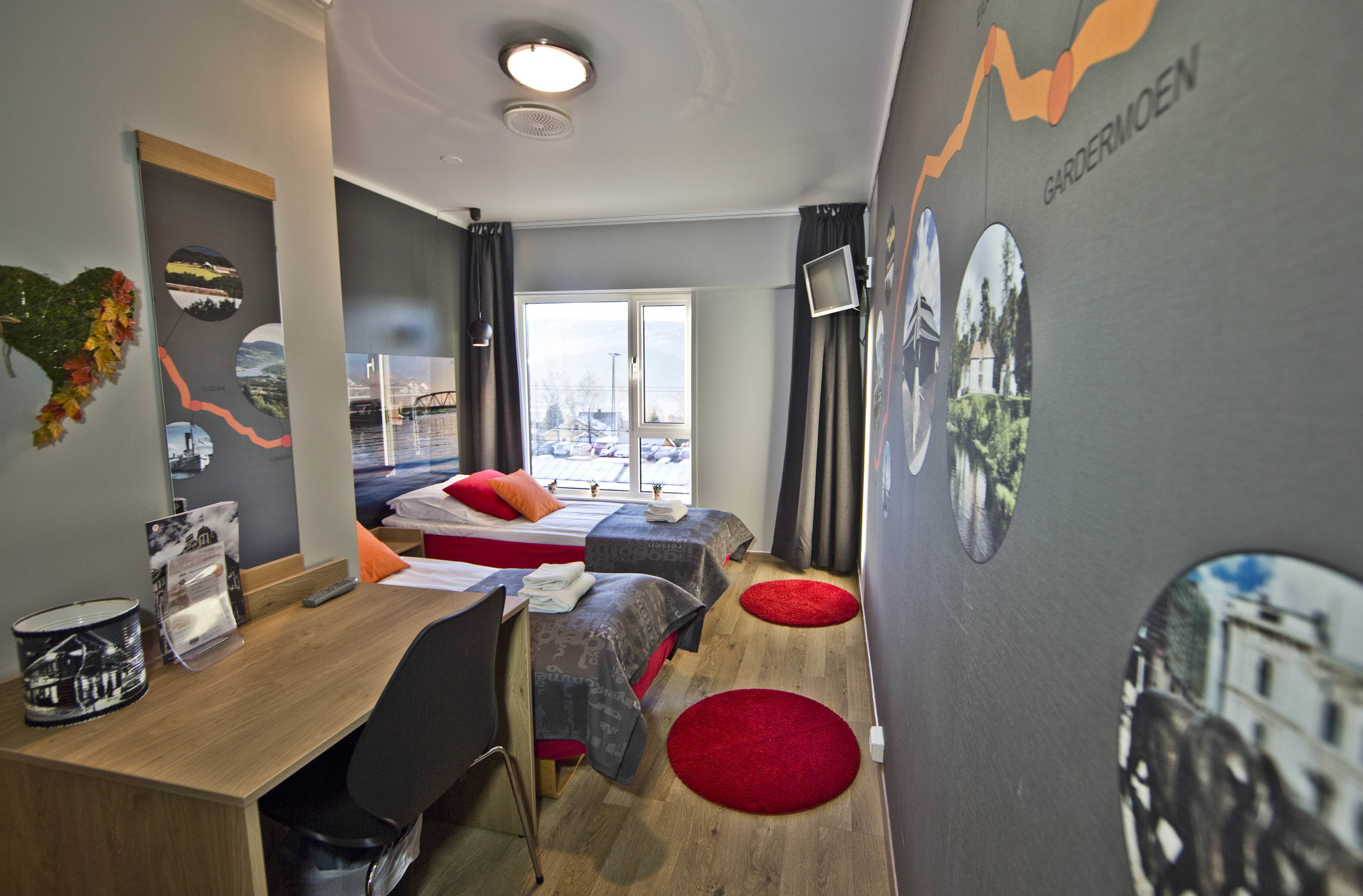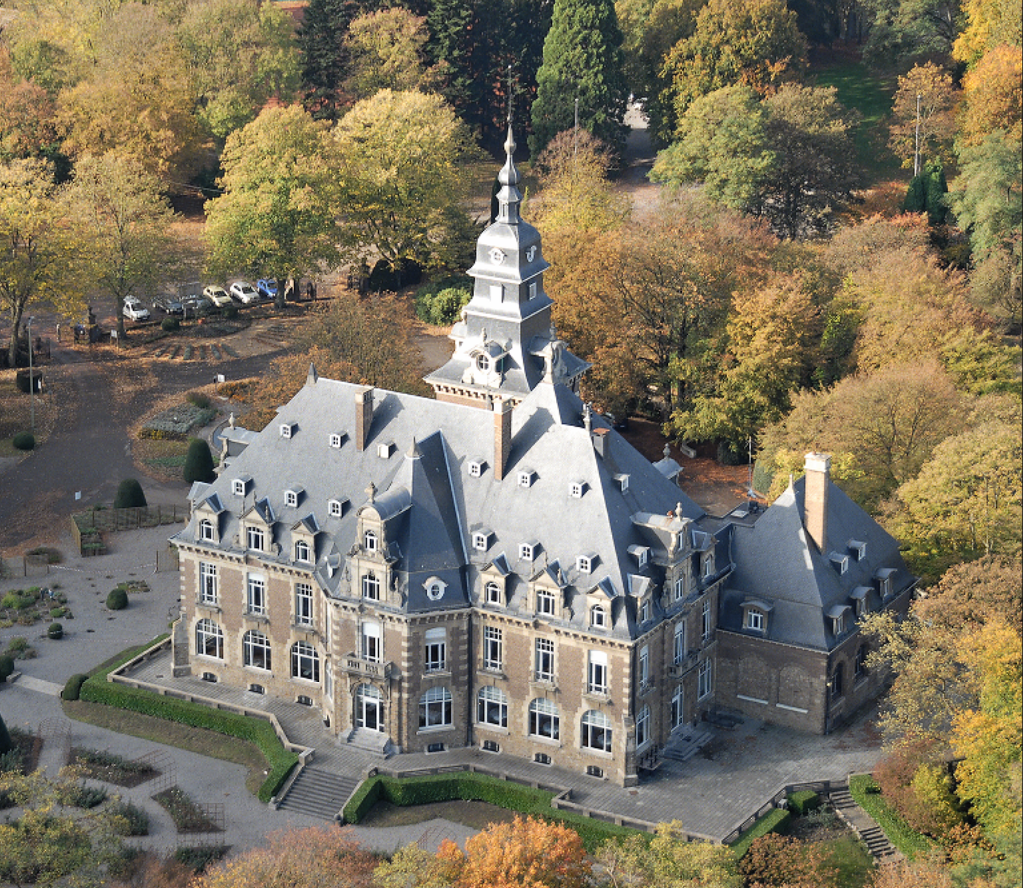Employer responsibility is a hot topic of late but what does this mean to the employee? What direct impact does this have to his or her working day?
Many companies use the term loosely and their actions do not support their words which is unfortunately a common theme throughout business.
Historically business has served the needs of its shareholders and aimed to squeeze every bit of profit out of the company which has often been at the expense of the employee. However, there is a new generation of companies that live and breathe their modus operandi and we are moving into a new era of business where the common hierarchy system is no more. The shift has moved towards shared values that impact not only the employees but all whom interact within the company’s field of influence.
But what does it really mean to be a responsible employer? And what are the expectations of employees who enjoy working within an organisation which has a corporate conscience?
The embodiment of business ethics has to be genuine and come from the very top of the organisation. It cannot be engineered and so it requires the MD or CEO to immerse themselves fully into these moral ethics whilst holding senior management accountable for the integration of these principles within procedures, processes and policies.
I and the team at Gemini Parking Solutions are seeing the results of many years work, stripping the business back to its very core to establish and define who we are as an organisation and what we represent. We have created a distinct company culture that leads the way not only within the parking management industry but also within standard British business culture. We fully embrace the meaning of what it is to be a responsible employer and so I share with you five ways in which hotels can become responsible employers.
1. Embracing and defining your company values.
Values are often considered a very corporate thing to have and are ironically undervalued. Often people scroll through Google selecting values that have no inherent meaning or thought behind them. But by becoming a values focused company it binds you to a higher standard. Your values will define how your employees think, speak and behave. They act as guiding principles that define the company culture, brand and vision. Hiring, firing, marketing, growth strategies and every decision should be made according to the company’s core values. This sets an expectation and a mutual understanding for employees and service partners alike.
2. Focusing and encouraging employee development
Developing your team members to become the best versions of themselves not only creates a more skilful, efficient and productive workforce but also helps keep employees engaged and reduces employee turnover.
Without a clear vision or working towards an objective, employees begin to feel stagnant and that they’re not progressing. This is when they begin to look outside of the business to further their career. When employees aren’t offered quality training, 40% are liable to leave within the first year of employment.
The alternative perspective is described by Zig Ziglar, the renowned motivational speaker who said; “What’s worse than training your workers and losing them? Not training them and keeping them!”
I personally feel development goes beyond job specific training and is more about empowering your team to achieve and expect more from life. Sharing success formulas, skills and belief patterns so they too can create the life they desire.
At Gemini we created a unique development hub that carries employees through a continuous journey encompassing all areas of personal development including mindfulness, limiting belief systems, personal values and money management. The results and feedback has been priceless and reinforces the importance of employers adopting this strategy.
3. Wellbeing in the workplace
Create an environment where employees look forward to going to work. It is said the average person spends over 90,000 hours at work over their lifetime therefore it seems ludicrous if efforts aren’t made to improve the working environment and the general wellbeing of those who are dedicating their lives to help you fulfil your vision.
Companies are increasingly aware of the adverse effects of a stressful working environment and the negative implications this can have on employees. Gym membership has been a popular employee benefit but this has been replaced with in-house meditation or mindfulness programmes as employers recognise the importance of mental health and creating a more harmonious environment. Fruit boxes, yoga, life-coaching sessions are just some of the initiatives run by forward-thinking employers who see the value in investing in their teams.
4. Embracing your social responsibilities
This goes back to my earlier point of business now serving society as opposed to solely its shareholders. Previously large corporations had a reputation for their moral ethics and rarely gave back to their local communities but this has changed with companies such as The Body Shop or Ben & Jerry’s who see “giving back” as part of their brand identity. Consumers are choosing to spend with companies that demonstrate strong social values and this is fast becoming one of the deciding factors when making any purchase.
Interestingly as a result of this shift there are now certification schemes such as B Corp which is achieved if a company can demonstrate rigorous standards of social and environmental performance, accountability and transparency. The tide is turning so it’s crucial that businesses take their social responsibility seriously otherwise they could lose customers that were once loyal.
5. Build an environmental awareness
66% of consumers are willing to spend more on a product if it comes from a sustainable brand. People are choosing to do business with companies that have gone further than green and are embodying the concept into their business.
Being environmentally responsible can start with the smallest of steps. Choosing to purchase recyclable goods, seeking renewable energy sources or simply inviting guests to re-use their bedding or towels. It could mean implementing a green supply chain so everything about each business purchase or process has green considerations.
For example, Jennie Lawson, the founder of Mimosa Beauty Salon, has committed to making her business eco-innovative.
- They only buy British and local to ensure a low carbon footprint.
- They are 100% landfill free
- All their lights are LED
- They use the most eco-friendly washing machines and washing powder.
- They’ve installed environmentally friendly soundproofing inside the walls and decorated with eco-friendly paint.
- The flooring is 74% recycled carpet, coconut flooring and sustainably sourced laminate throughout the salon.
Jennie has committed to help save the planet and our oceans from the plastic crisis. She says “Every decision with the expansion of Mimosa has had the planet at its core. If it is not “clean” for the planet or people it does not enter the salon. It has been both exhilarating and challenging. When you have a vision as huge as helping every single person on this planet to have clean water, and stopping ocean animals dying from ingesting plastic, every step in the right direction helps.”
Companies such as Ikea, M&S and Unilever have all made changes to the way they operate by introducing an environmentally responsible outlook to their business. They are not only seeing their environmental targets being achieved but reaping financial rewards, attracting new customers and reducing their environmental impact.
Ryan Jackson is the founder and CEO of Gemini Parking Solutions, the UK’s only “values-based” Car Park Management Company. A serial entrepreneur, Ryan’s passion is to build disruptive companies that shake up the status quo and pave the way for a new age of thinking in various industry sectors.
Source: Green Hotelier





